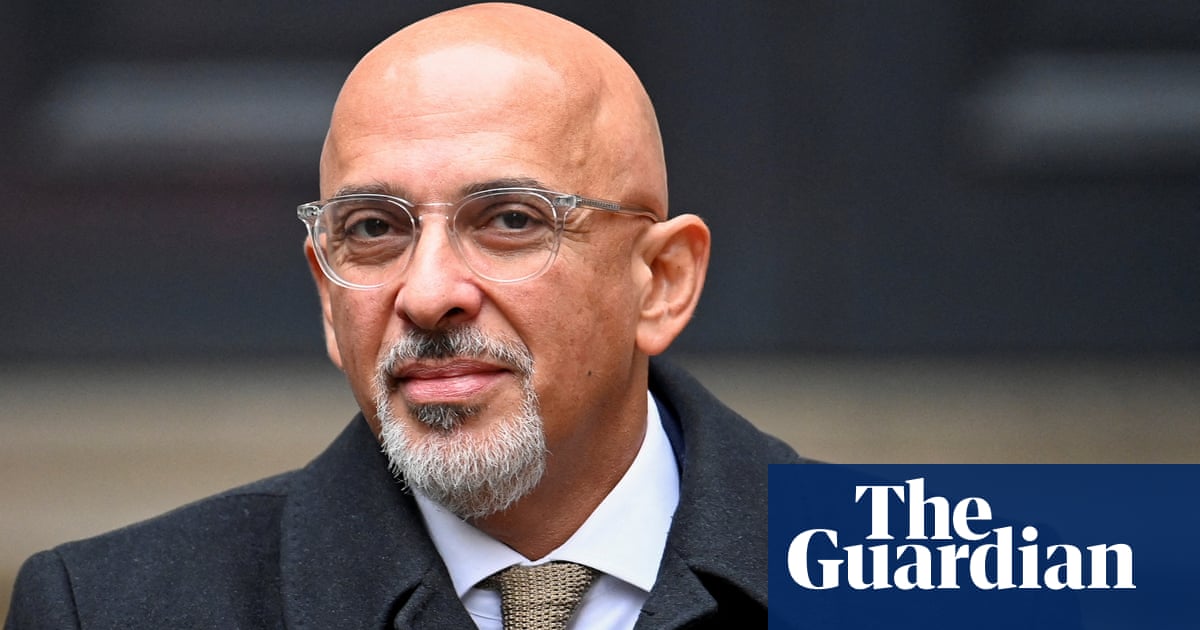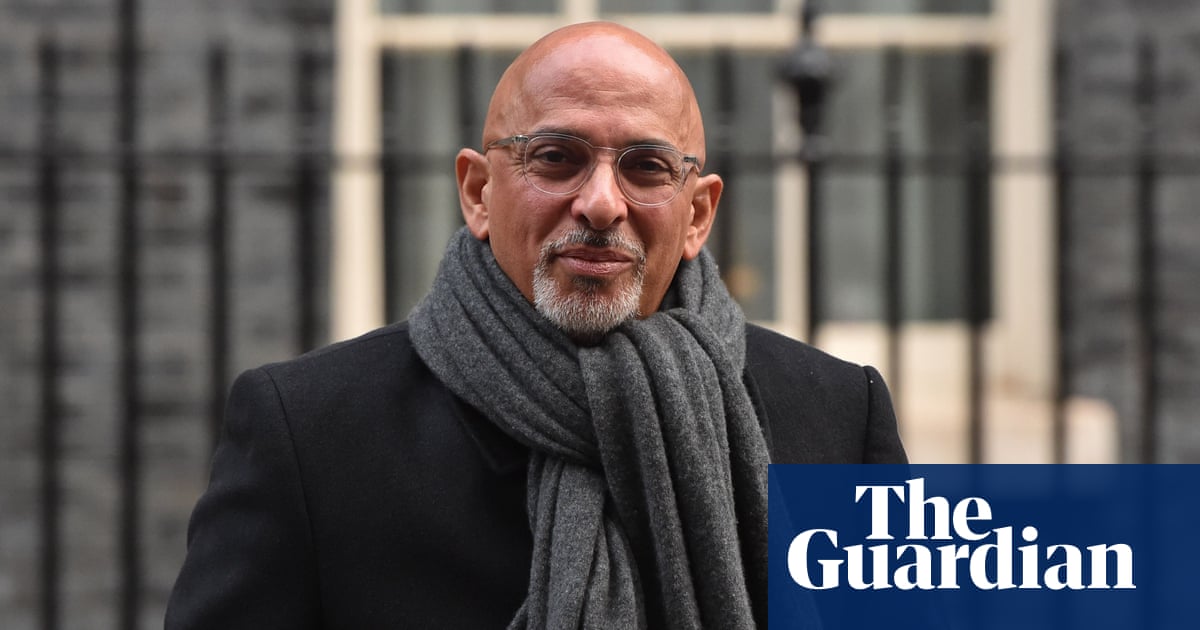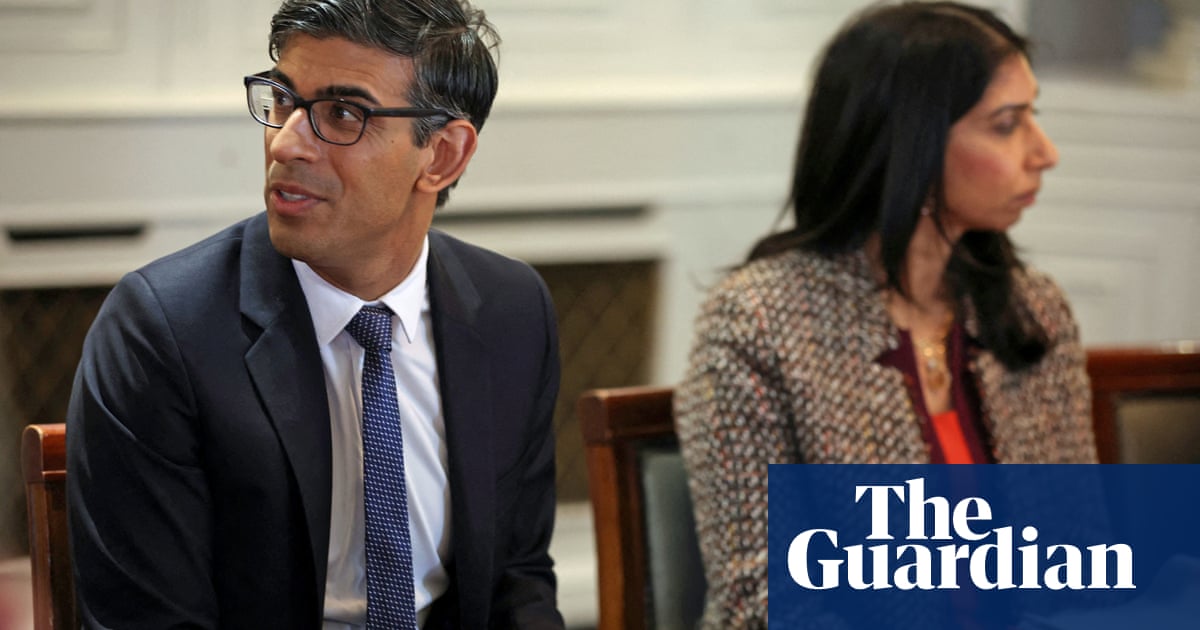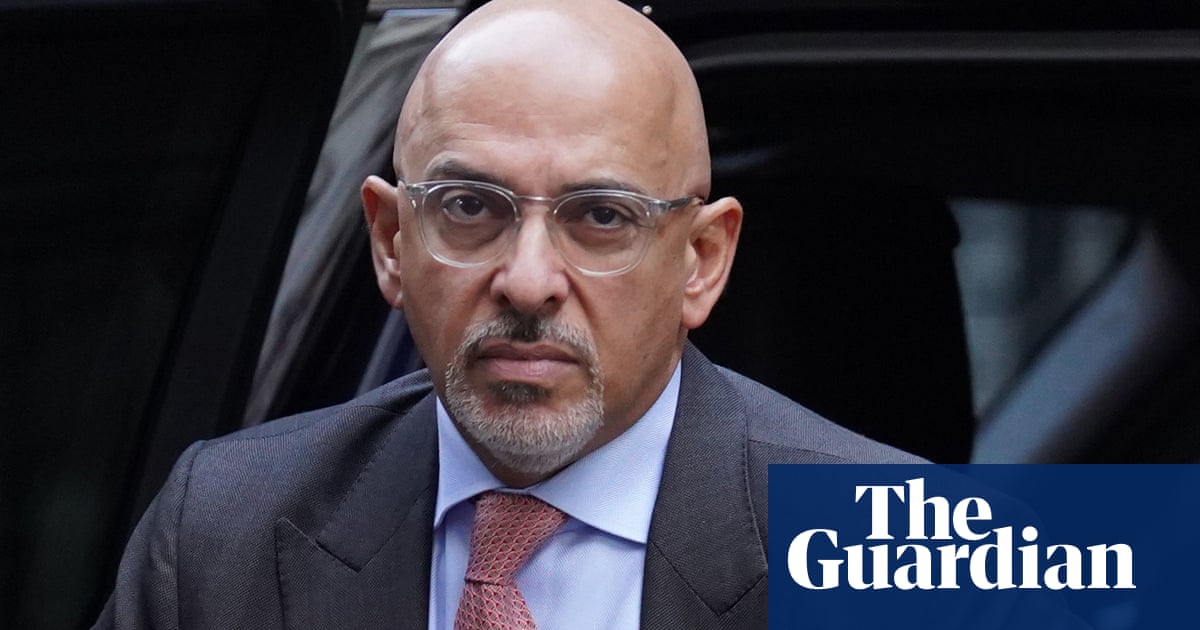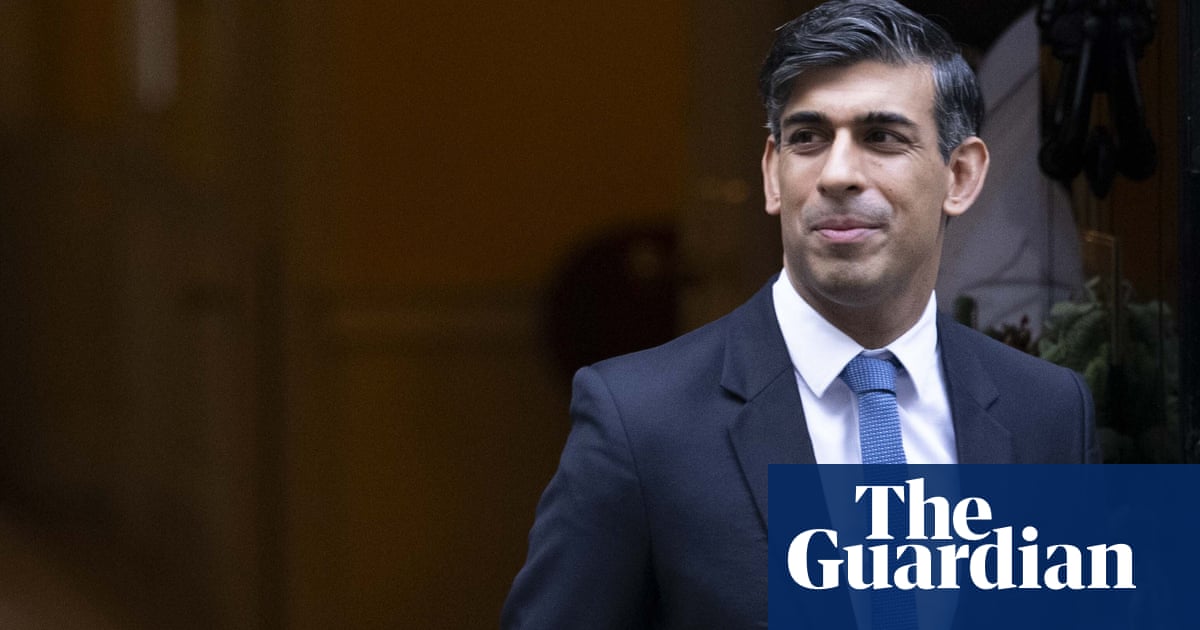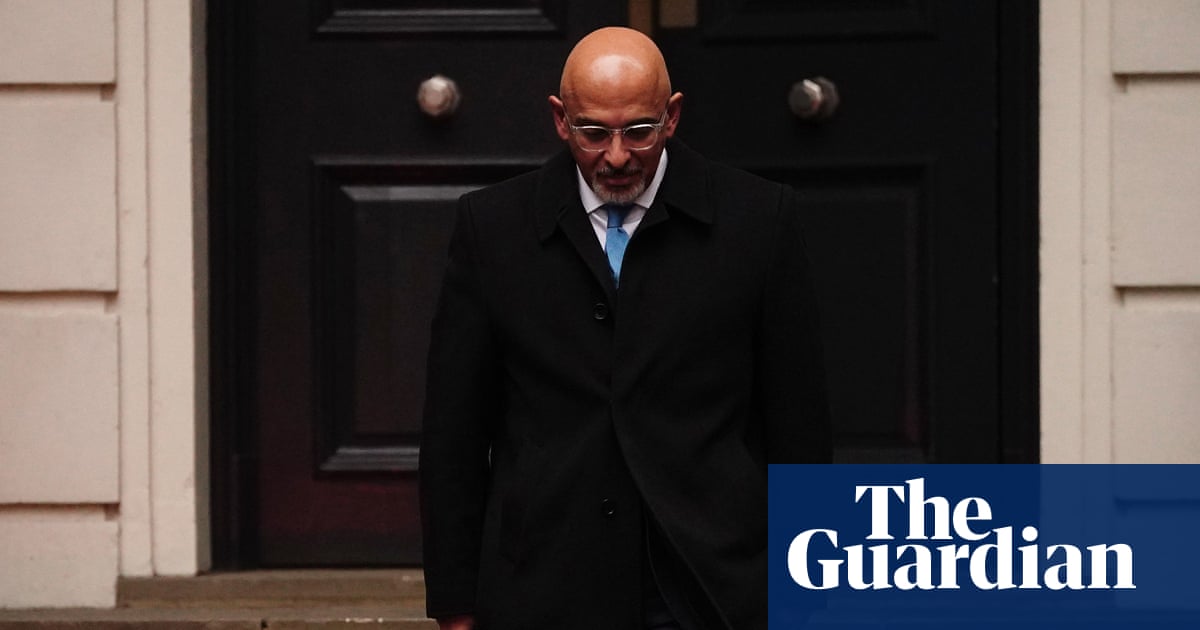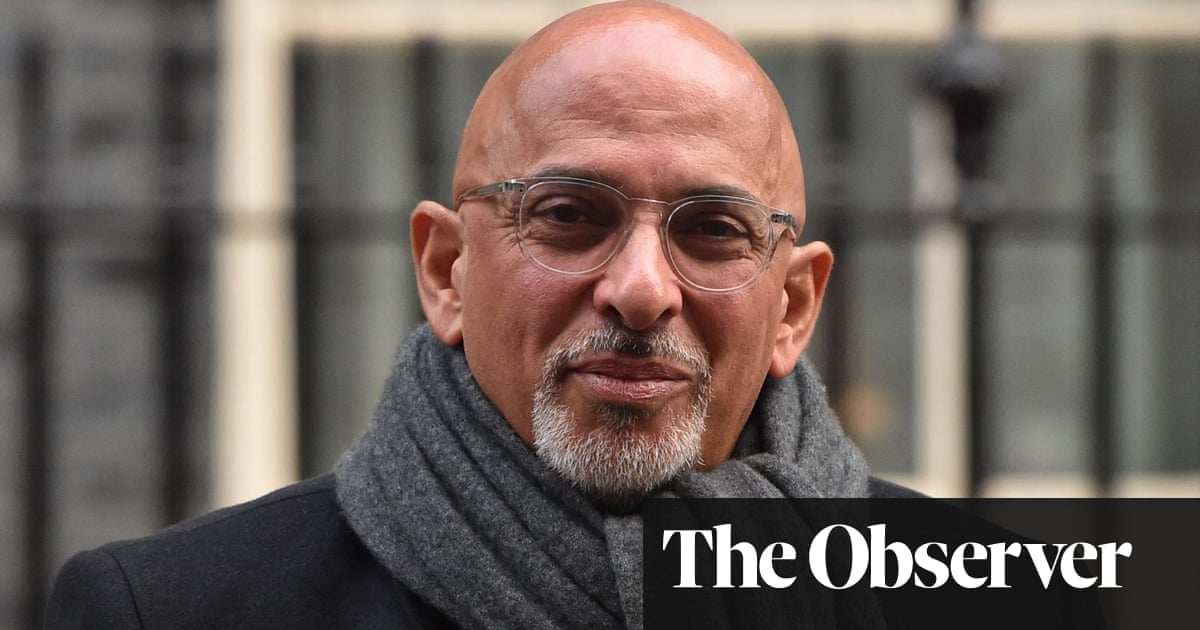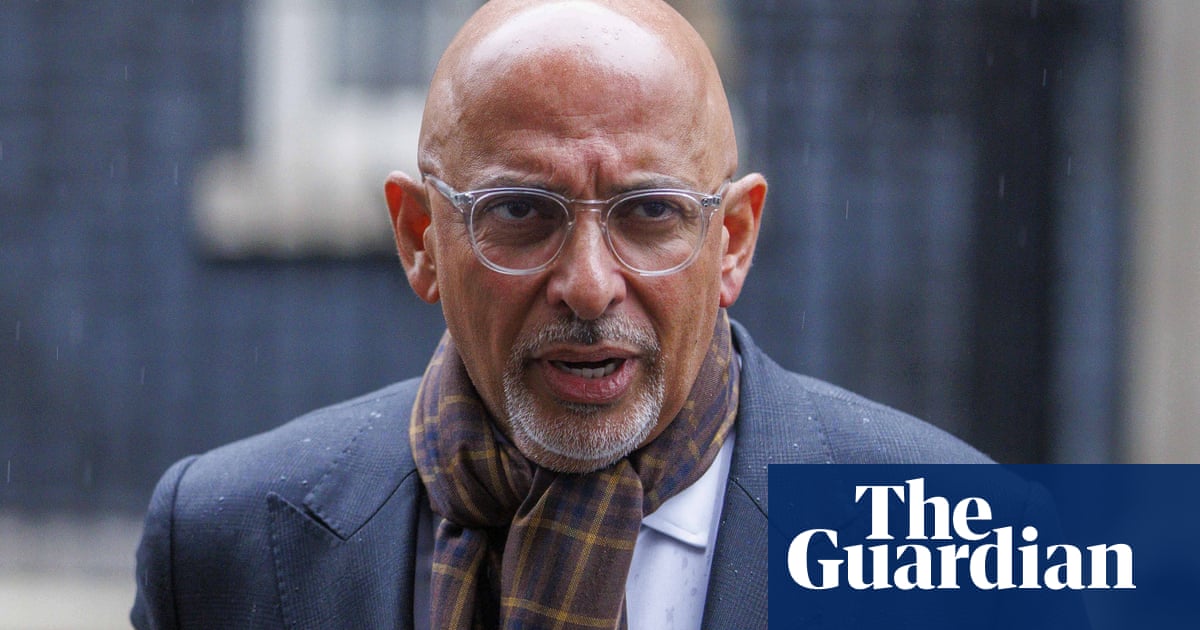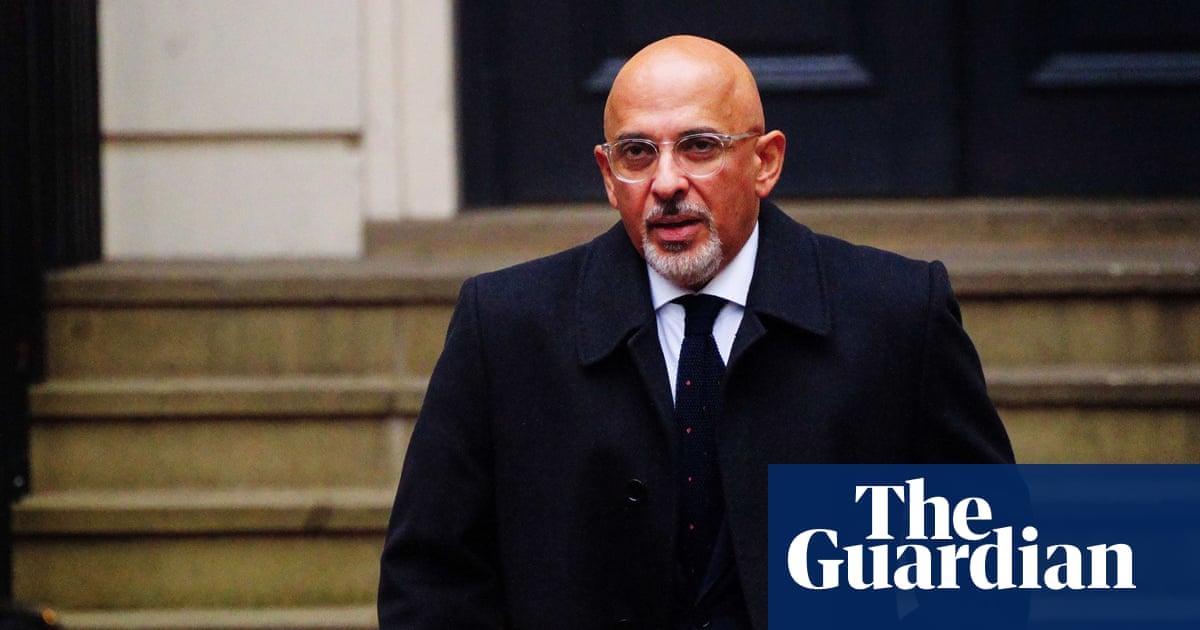
Rishi Sunak has instructed his ethics adviser to investigate the tax affairs of the Conservative party chair, Nadhim Zahawi, but faces growing pressure over whether he knew about the HMRC inquiry when he appointed Zahawi to his cabinet.
The prime minister admitted there were “questions that need answering” after suggestions that Zahawi was forced to pay a fine and millions of pounds in unpaid taxes to HMRC after an investigation while he was Boris Johnson’s chancellor.
Sunak’s official spokesperson said the prime minister was not aware that Zahawi had paid a penalty to HMRC when he told MPs in the Commons last week his colleague had “addressed the matter in full”, adding that when the prime minister appointed him he was assured by officials there were “no outstanding issues”.
A source in the government told the Guardian that Downing Street had been aware of a penalty as part of a settlement with HMRC when Sunak appointed Zahawi, who is also a Cabinet Office minister, to the role. However, Downing Street strongly denied the claim.
The investigation by the newly appointed ethics adviser, Sir Laurie Magnus, places Zahawi under further scrutiny, although his supporters hope it will allow them to deflect immediate calls for him to be sacked. The minister formally welcomed the decision, saying: “I am confident I acted properly throughout.”
Yet Sunak, who pledged to lead a government of “integrity, professionalism and accountability at every level”, still faces intense pressure over the growing web of potential scandals reaching across the Conservative party.
The selection of Richard Sharp for the role of BBC chair is to be investigated by the commissioner for public appointments, amid allegations he helped Boris Johnson secure a loan of up to £800,000 weeks before he was recommended for the job by the then prime minister.
Sunak said his ethics adviser, who was appointed last month after a six-month vacancy, had been asked to “get to the bottom of everything, to investigate the matter fully and establish all the facts” on whether Zahawi broke the ministerial code. He would then decide the “appropriate next steps”.
The investigation will cover Zahawi’s declarations, but Downing Street said it was not being “prescriptive” about the remit, meaning it could also cover any potentially false claims made by Zahawi, legal threats, and his time as chancellor.
The Labour party chair, Anneliese Dodds, called for Sunak to be clear that the inquiry would cover Zahawi’s use of lawyers to “aggressively try and shut down questions about his ‘carelessness’ with his taxes”. “The investigation into Nadhim Zahawi should be as wide-ranging as necessary, including his use of lawyers to shut down these questions,” she said.
It is intended that Zahawi will remain chair of the Conservatives throughout, a job that over the next few months will involve masterminding the party’s strategy in the run-up to the local elections this spring.
Zahawi has faced mounting calls to quit since the Guardian revealed last Friday it had been told he had agreed to pay a penalty to HMRC as part of a seven-figure settlement over his tax affairs. Zahawi has not denied that he was under investigation by the tax collection agency while chancellor, when he was in charge of the country’s finances including taxation.
Labour is pressing Zahawi to reveal when the payment to HMRC was made, and address the estimate that he owed £3.7m but was charged a 30% penalty – taking the total sum paid to £5m, made up of £4.8m plus interest. The dispute was the result of a non-payment of capital gains tax after the sale of shares in YouGov, the polling company he co-founded.
Having spent months refusing to answer questions about the unpaid taxes, Zahawi admitted over the weekend that he had settled with HMRC what “was due” after it “disagreed about the exact allocation” of shares in YouGov. He said the team that looked at his case found it was a “careless – and not deliberate” error.
The Labour leader, Keir Starmer, called on Sunak to “show some leadership” and sack the Conservative chair as he should not need the ethics adviser to determine whether or not he had done wrong.
“This is a test of the prime minister. He promised us – his first words – integrity and accountability. Well, if those words mean anything, the prime minister should sack him. If he doesn’t, it’s just going to be further evidence, I think, for the British public, as to just how weak this prime minister really is,” Starmer said.
In a separate controversy, Zahawi is also facing questions over his failure to tell his department about WhatsApp messages with David Cameron, who contacted him in 2020 in order to lobby for the now collapsed finance company Greensill.
It emerged last year that the then business minister had provided contact details for Sharp, who was then an adviser to Sunak, after being asked for help by Cameron. He told his department that he did not hold any such messages in response to an FoI request but it later emerged they had been deleted.
Zahawi did not pass them to his department at the time because he “did not deem the matter to be relevant to his work as a minister and did not consider the simple passing of an individual’s contact details to be official government business”. In a decision this week, the information commissioner found otherwise.
In the Commons, the Cabinet Office minister Jeremy Quin was pressed on whether Zahawi was telling the truth when he said in a television interview before the disclosures that his tax was “fully paid and up to date”.
The Labour MP Stephen Timms put it to Quin that “we now know that statement was untrue”.
Quin replied: “I don’t know the answer to that question, I genuinely don’t.” He said he was also unable to say whether Zahawi was denied a knighthood on those grounds.
Labour’s deputy leader, Angela Rayner, said: “Is there no system in place to prevent a person being actively investigated for unpaid tax being appointed to run the UK’s tax system? Maybe it’s that absurd that no one would ever think it would happen.”
In a letter to public sector leaders, Lord Evans, chair of the committee on standards in public life, warned that an ethical culture would not happen by accident. “Doing things in the right way and in the public interest is critical for public confidence,” he said.




